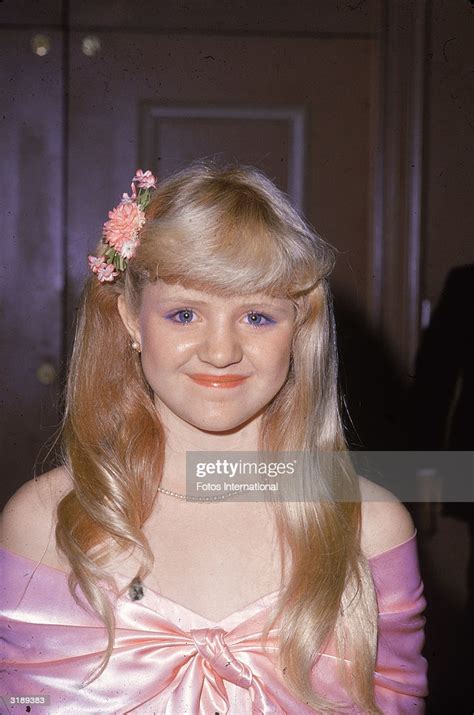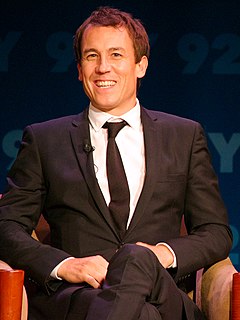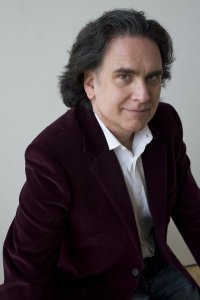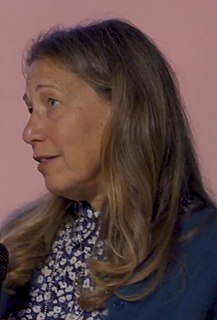A Quote by James Vance
I did a lot of work with early 20th century attitudes, the kind of superficial notions and behavior that prompt people who don't know history very well to think that "people were different back then" - but beneath all that are characters who react in ways that we can all recognize, and will always be able to recognize.
Related Quotes
If you look at the history of how information flows, there was a time that newspapers were kind of in the place that Google and Facebook are now - how do we get more people to buy a copy? Then there was a shift in the early 20th century. They needed to do better, and readers and consumers demanded that of them.
I am drawn to people that are not going to shy away from the very dark, scary stuff of the human condition and in a lot of cases people need alcohol or drugs to create poetry and poetic pose that can take you so far out there where you are still able to recognize yourself and then to bring you back home where you're not the same person you were when you left.
I believe that my children, who are young, will look back on the early years of the 21st century in rather the same way I look back on the middle of the 20th: as a time when seemingly respectable people supported discrimination against Americans simply because those Americans were different from themselves.
I think in some ways people kind of hate it, but most models recognize that it's a pretty easy job to make a lot of money at in a relatively short time, and you get to travel the world and meet a lot of interesting people. There are extreme highs and extreme lows. I think if it were as clear-cut as "models hate it," then they wouldn't do it. I really enjoyed a lot of the actual aspects of it, but not enough to make it my primary job. It can be quite empty, which is why I pursued other things.
The majority of people who come to America come for a better life, just like the Italians, the Jews, the Irish, and the Polish did in generations before. A lot of the Irish came here back in the turn of the 19th to the 20th century because there were no opportunities and no options at home for them. There were no jobs and there was extreme poverty. They came here to be able to send money back home.
I was really interested in 20th century communalism and alternative communities, the boom of communes in the 60s and 70s. That led me back to the 19th century. I was shocked to find what I would describe as far more utopian ideas in the 19th century than in the 20th century. Not only were the ideas so extreme, but surprising people were adopting them.
The type of acting that I'm interested in, that I aspire to, is where I try and drag a lot of myself into whatever character it is. They can be very different types of characters, but at the heart of it, I always wanted to be a very, very believable and rooted in reality. One of the ways of doing that is to root it as much as you can in your own experiences and then tint those with different hues, different colors to give the different characters their way.
A dog will recognize his master in whatever way he dresses. The master may dress in robes, suit and tie, or stand naked, but the dog will always recognize his master. If we cannot recognize God, our beloved master, when he comes in a different dress from another religion, then we are less than that dog.
A whole generation of people that didn't know me from 'SNL' recognize me from 'Weeds' now. People recognize me once in a while and appreciate the work. It gets a little embarrassing but it's good. If you work as an accountant, you don't have people coming up to you in the streets saying, 'Hey, great job on tax statements!'
When you study art history, you learn that there is very little that is completely new, and in many ways digital art is no different. I love to derive inspiration from all types of images: mosaics, hieroglyphics, petroglyphs, woven patterns in textiles, and needlework. There is a lot of very good "pixel" design work before the 20th century, like a 1760 sampler by Elizabeth Laidman that looks like a bitmap font.
































